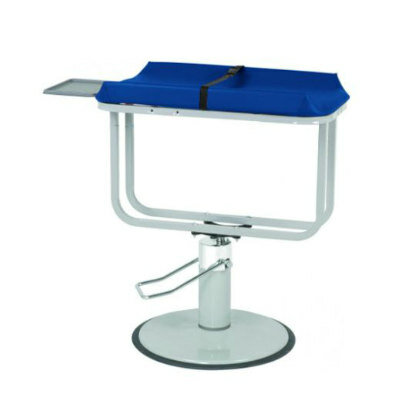Early Onset Menopause May Predict Heart Disease
By HospiMedica International staff writers
Posted on 14 Oct 2016
Women who had menopausal symptoms early in midlife had higher cardiovascular disease (CVD) mortality compared to women with later onset symptoms, according to a new study.Posted on 14 Oct 2016
Researchers at the University of Pittsburgh School of Medicine (Pitt; PA, USA), Cedars-Sinai Medical Center (CSMC, Los Angeles, CA, USA), and other institutions conducted a study involving 254 postmenopausal women with both ovaries, who were not taking hormone therapy, in order to investigate associations between menopausal symptoms and risk for CVD. A subset of participants underwent brachial artery ultrasound for flow-mediated dilation (FMD), and all women were followed annually.
The results revealed that women who reported early onset vasomotor symptoms (VMS) and women who never had VMS had higher CVD mortality than women with later onset symptoms. Women with VMS before the age of 42 also had lower FMD than women with later onset symptoms, which according to the authors suggests adverse endothelial changes, as well as higher mortality from CVD. The study was published on September 26, 2016, in Menopause.
“Up to 80% of women experience menopausal symptoms, particularly hot flashes and night sweats, at some point during the menopause transition,” said lead author Professor Rebecca Thurston, PhD, of the Pitt School of Medicine. “We used to think these were annoying symptoms that persist for several years around the final menstrual period and simply affect the quality of life for many women. However, for some women, particularly for younger midlife women, menopausal symptoms might mark adverse changes in the blood vessels during midlife that place them at increased risk for heart disease.”
Menopause is the time in most women's lives when menstrual periods stop permanently, and they are no longer able to bear children. It typically occurs between 49 and 52 years of age. Before menopause, a woman's periods typically become irregular; during this time, women often experience hot flashes that last from 30 seconds to ten minutes and may be associated with shivering, sweating, reddening of the skin, vaginal dryness, trouble sleeping, and mood changes.
Related Links:
University of Pittsburgh School of Medicine
Cedars-Sinai Medical Center














